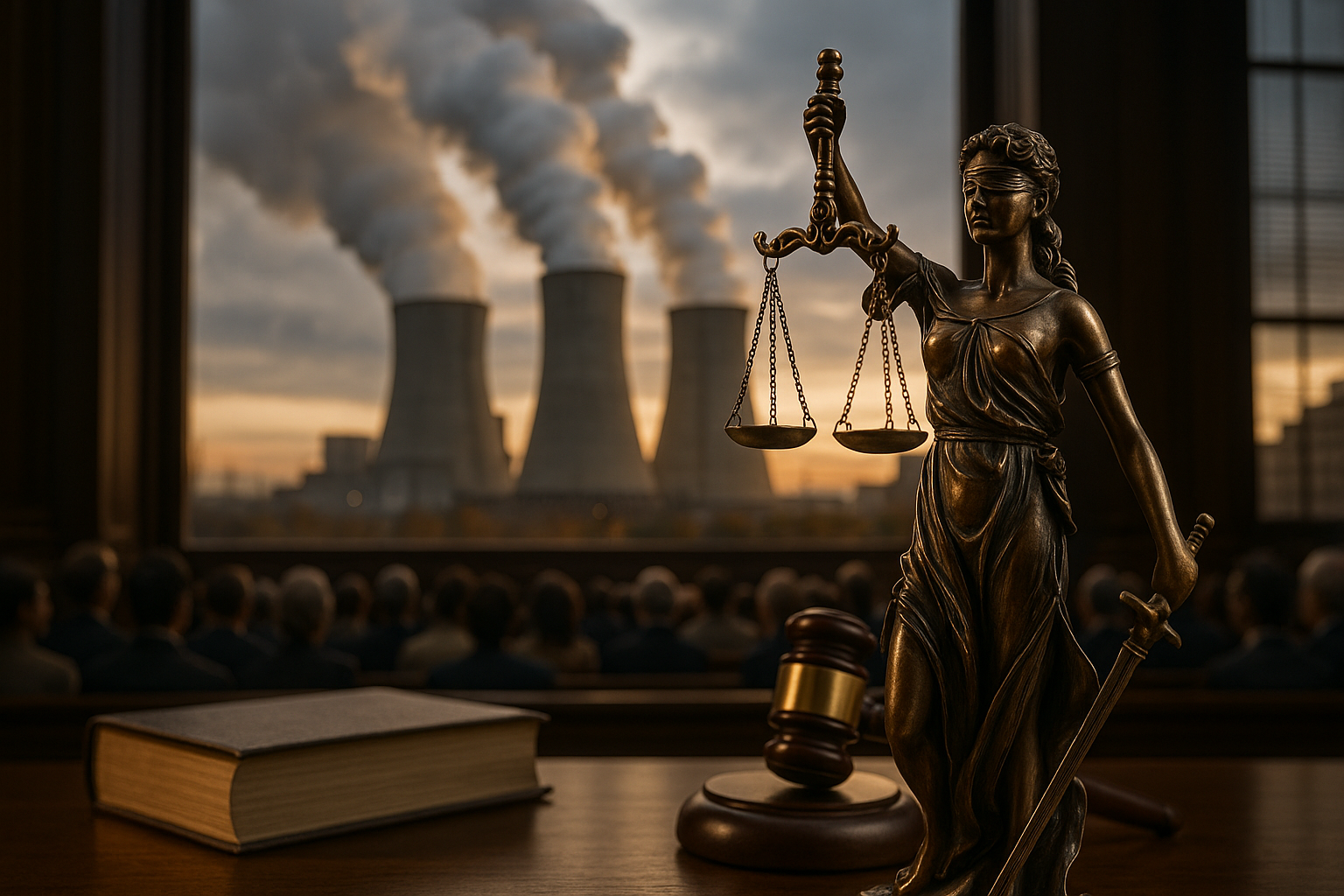The Intersection of Climate Change Policies and Legal Frameworks: A Contemporary Analysis
As the world grapples with the pressing issue of climate change, the interplay between legal measures and environmental policies becomes increasingly crucial. This article explores how laws and regulations are adapting to mitigate the impact of climate change and the legal implications that arise from these changes.

A Historical Overview of Climate Change Policies and Law
Historically, the role of law in addressing environmental issues has been somewhat overlooked. However, the last few decades have witnessed a significant shift. The wake-up call came in the late 20th century when alarming scientific reports on global warming started to surface. In response, the international community initiated agreements like the Kyoto Protocol in 1997 and the Paris Agreement in 2015. These marked the beginning of a legal framework to combat climate change on a global scale.
Current Legal Developments in Climate Law
In recent years, courts worldwide have seen an increase in litigation relating to climate change. The Dutch Urgenda case is a prime example where the court ordered the Dutch government to cut greenhouse gas emissions by at least 25% by 2020. Similarly, in the Juliana v. United States case, American youth sued the government for failing to protect their constitutional rights to a stable climate. Though the case was dismissed, it highlighted the growing trend of climate change lawsuits.
Implications and Impact of Climate Change Laws
Climate change laws have significant societal implications. From an economic perspective, they could lead to the re-evaluation of business models, particularly for industries heavily reliant on fossil fuels. These laws also highlight the need for a just transition, ensuring the movement towards a low-carbon economy does not disproportionately impact vulnerable communities. Furthermore, they underscore the importance of intergenerational equity, emphasizing the responsibility of current generations to protect the environment for future ones.
Climate Change Policies: A Legal Perspective
Legal scholarship on climate change policies has evolved in tandem with these developments. Lawyers are now exploring the potential of existing laws – from constitutional to human rights law – to address climate change. They are questioning the adequacy and effectiveness of current laws, leading to debates on the need for a new legal framework tailored specifically to climate change.
Conclusion
As the world strives to combat climate change, the role of law becomes increasingly critical. Legal frameworks and policies must adapt to meet the evolving challenge of global warming. Such adaptations have significant societal implications and require careful consideration to ensure fairness and justice. Through the study of this intersection between law and climate change, we can better understand the path forward in our fight against this global crisis.




